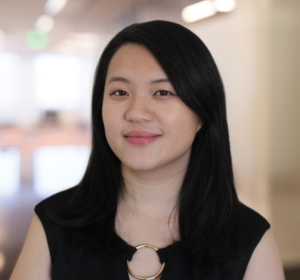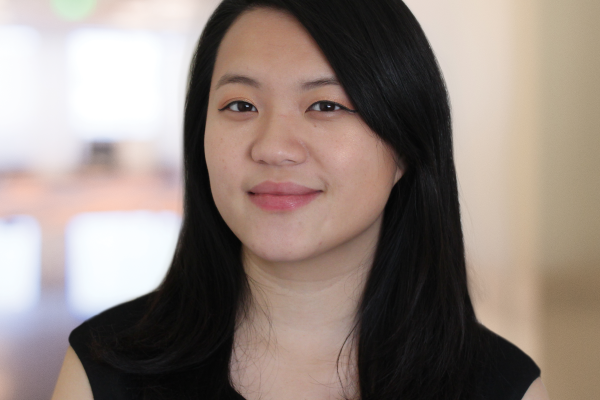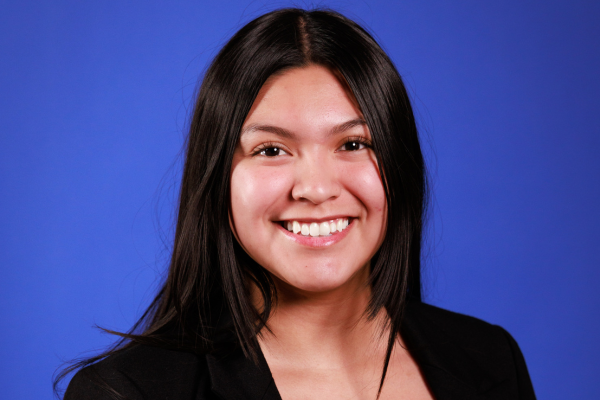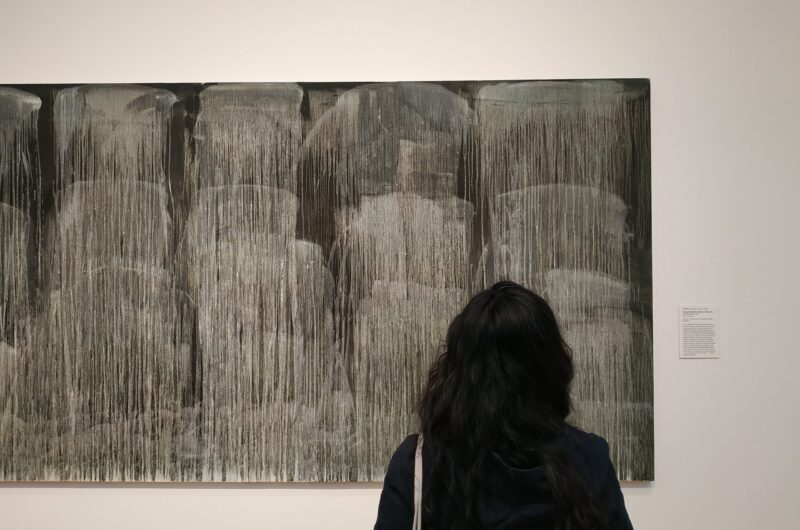Like many young people, Sana Vang spent hours dreaming of her future career. In her case, she planned to be a nurse, thinking she could use her skills and training to take care of her mother if she became ill. But – also like many young people – she changed her mind when she got to college. “I quickly realized I was better at other subjects, especially Chinese language courses, and was more interested in history, culture and politics,” Sana remembers. “My advisor suggested that I choose a major that I was passionate about and that I was good at. Therefore, I gave up on pursuing a nursing career and focused on international relations.”
 Today, Sana lives in the Washington, D.C., area and works as a resource development coordinator for the National 4-H Council. There, she puts the skills she developed as a College Possible AmeriCorps coach to good use.
Today, Sana lives in the Washington, D.C., area and works as a resource development coordinator for the National 4-H Council. There, she puts the skills she developed as a College Possible AmeriCorps coach to good use.
“I think the most important skills I gained are organization skills: event planning, project management, and communication and relationship building. I use all of these skills as I work across teams and projects. As a coach at College Possible, you are tasked with keeping track of all your students during a campaign, planning workshops, working with universities…and the best way to keep yourself ready is being organized.”
But Sana would not have been a coach with College Possible had she not earned her college degree. In 2014, she earned her B.A. in Eastern Studies from Kalamazoo College in Michigan, with double minors in economics and Japanese. After graduation, she went on to complete a certificate in Chinese and American Studies from the Johns Hopkins-Nanjing University School of Advanced International Studies.
Sana’s academic and professional journeys are typical – but only for a small percentage of Americans. Among students from low-income backgrounds who are also the first in their families to attend college, students such as Sana, only 12 percent earn a college degree. But because Sana joined College Possible as a junior at Highland Park Senior High School in St. Paul, MN, her trajectory defied the odds.
“After hearing that I got accepted into the cohort and meeting my coach, I was even more excited to learn more, although college was never really on my radar since I knew it would be expensive and my family didn’t have money to support me.”
College not only appeared on Sana’s radar once she was part of College Possible, it became a critical part of her life. In May 2018, Sana completed her master’s studies at American University, graduating with a degree in Intercultural and International Communications with a concentration in cultural diplomacy and education.
This emphasis on communication across boundaries – physical or otherwise – is important to Sana.
“Everything depends on how well you communicate your thoughts and ideas to another person, and whether they are understanding you. Working with my 150 students as a College Possible coach, I learned that everyone has a different working and communication style. They understand things in a different way.”
In her current role, Sana must put her knowledge of communication styles into practice each day, working with managers, directors and participants from different backgrounds to achieve the organization’s goals. But she feels prepared.
“Over the last two years, I had the privilege to work in media, tourism, high schools, management and many other nonprofits. I also interned at the State Department in the EducationUSA office and found that a lot of my skills from College Possible helped me adjust to every new environment. I had knowledge of the higher education system and was equipped with knowledge of social media platforms due to my work as a tech-connected coach. There was always a story from College Possible that I could recall, which helped me think about next steps.”
By Lisa Guyott



